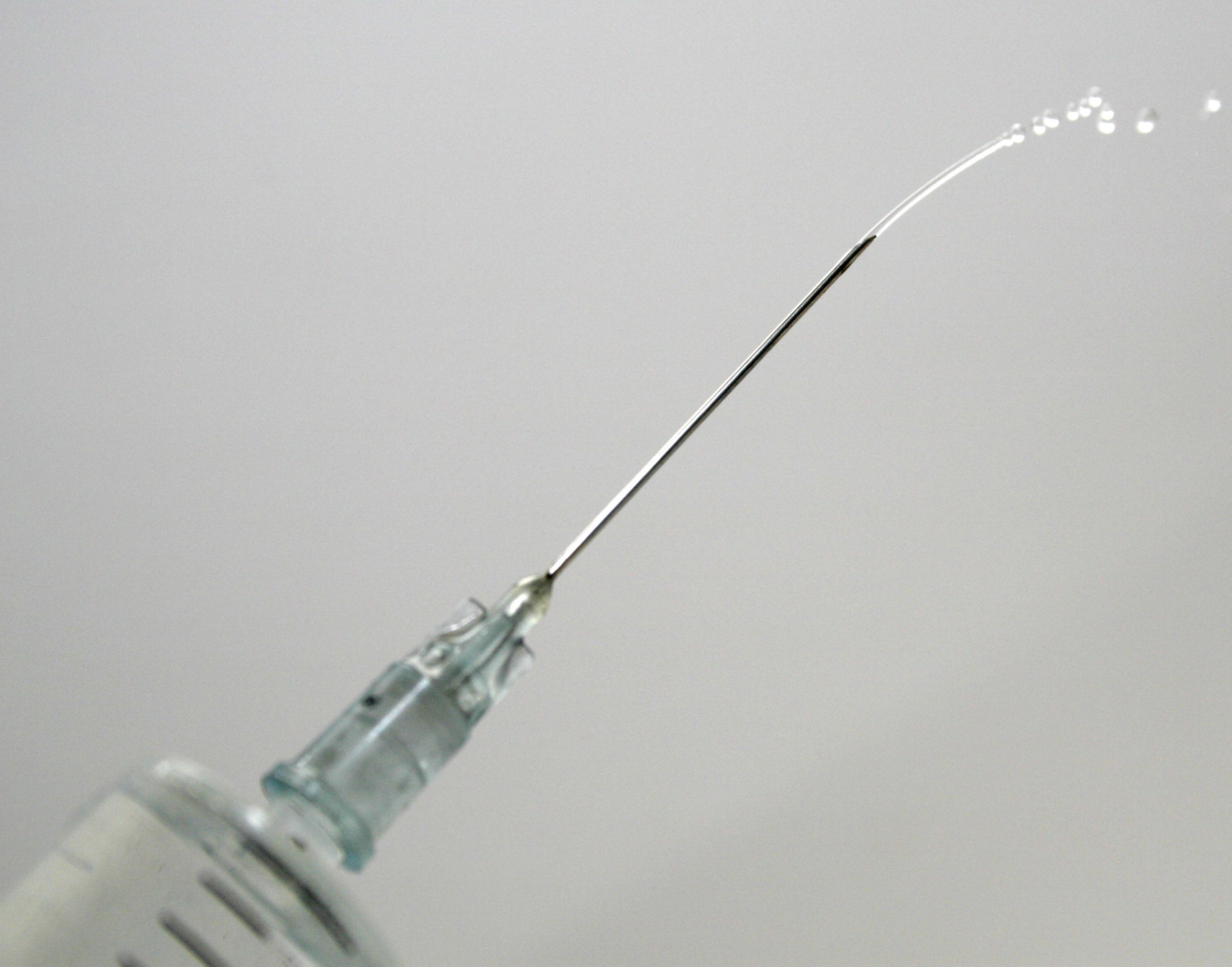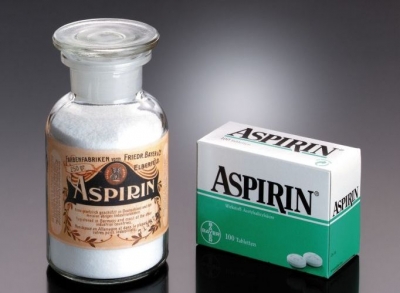If you have inflammation, there is no quicker or more efficient way to control it than with corticosteroids. But while these powerful anti-inflammatory drugs can be lifesavers, they can also cause some pretty nasty side effects. To reduce the risk of corticosteroids’ side effects, doctors recommend taking the lowest dose needed for the shortest period of time that gets inflammation under control.
The Newest Biologics
Etanercept
This revolutionary, but extremely expensive new generation DMARD (Eng. Disease-modifying antirheumatic drug) was approved in the UK in 2000. Etanercept is used to treat mild to moderately severe rheumatoid arthritis, and is applied twice a week via injection. Clinical trials have shown that the drug is well tolerated as well as effective in relieving pain and morning stiffness, and also reducing joint swelling and sensitivity. In 2002 it won the "Prix Galien," the most prestigious award for innovative medicine in the UK.
Disease Modifying Anti-Rheumatic Drugs
NSARs have quite rightly for a long time been the main stronghold for curing rheumatoid arthritis: they are very efficient at suppressing inflammation, and the destructive force which can cause strong pains and damage to the joints. However, in the last few years, the choice of treating rheumatoid arthritis has spread to new types of drugs known as disease-modifying anti-rheumatic drugs.
The NSAR drugs remain important at treating RA, but rheumatologists do not rely on them as much anymore, for several reasons:
- High doses of NSAR needed to remedy the inflammation may sometimes lead to severe complications
- Experts have concluded that people often experience worse damage to the joints, despite taking NSAR which relieve pain
- DMARD also offer some advantages over NSARs. DMARD not only relieve the inflammation, but also slow down the degradation of the joints, which can with NSAR continue on, even if the inflammation has been appeased.
Viscosupplementation - Joint Lubricatioon
Can viscosupplementation help relieve knee pain?
If you suffer from osteoarthritis in the knee, and neither paracetamol nor NSAID medications are helping, you may want to consider a new procedure called viscosupplementation. It uses hyaluronic acid, a natural component of the articular synovial fluid that helps lubricate the knee and other joints.
In 1998, the MeA (Medicines Control Agency) approved the PNI viscosupplementation drug for use in patients who suffer from knee pain caused by osteoarthritis. The active substance is the hyaluronic acid and it is given in five injections in one-week intervals. The physician numb the skin and injects the hyaluronic acid (which is like jelly) directly into the knee.
Corticosteroids offer relief which also carries its price
The introduction of prednisolone (a well-known derivative of cortisone) meant revolutionary changes in the fifties in the treating of rheumatoid arthritis (RA). After taking prednisolone orally for a few days, the patient's inflammation had been suppressed, and their mobility restored.
It didn't take much time until the discovery of the dark side of corticosteroids: To keep the desirable results, the starting dose had to be increased, which could cause severe side effects. The treatment using corticosteroids still remains one of the most efficient ways of treating patients suffering from severe rheumatoid arthritis, even though some doctors only prescribe it as a final option.
COX-2 inhibitors
Cyclo-oxygenase-2 enzyme (COX-2) inhibitors - an alternative type of NSARs
The latest weapon in the arsenal of medication against pain caused by arthritis is a new class of NSARs called COX-2 inhibitors. Compared to standard NSARs, these prescription drugs carry a lower risk of bleeding and other gastrointestinal problems.
This is good news for 30 percent of NSAR users, who are estimated to have long-term gastrointestinal problems as a consequence of taking older drugs, and for 10 percent of users who had been forced to stop using NSARs due to unpleasant side effects.












